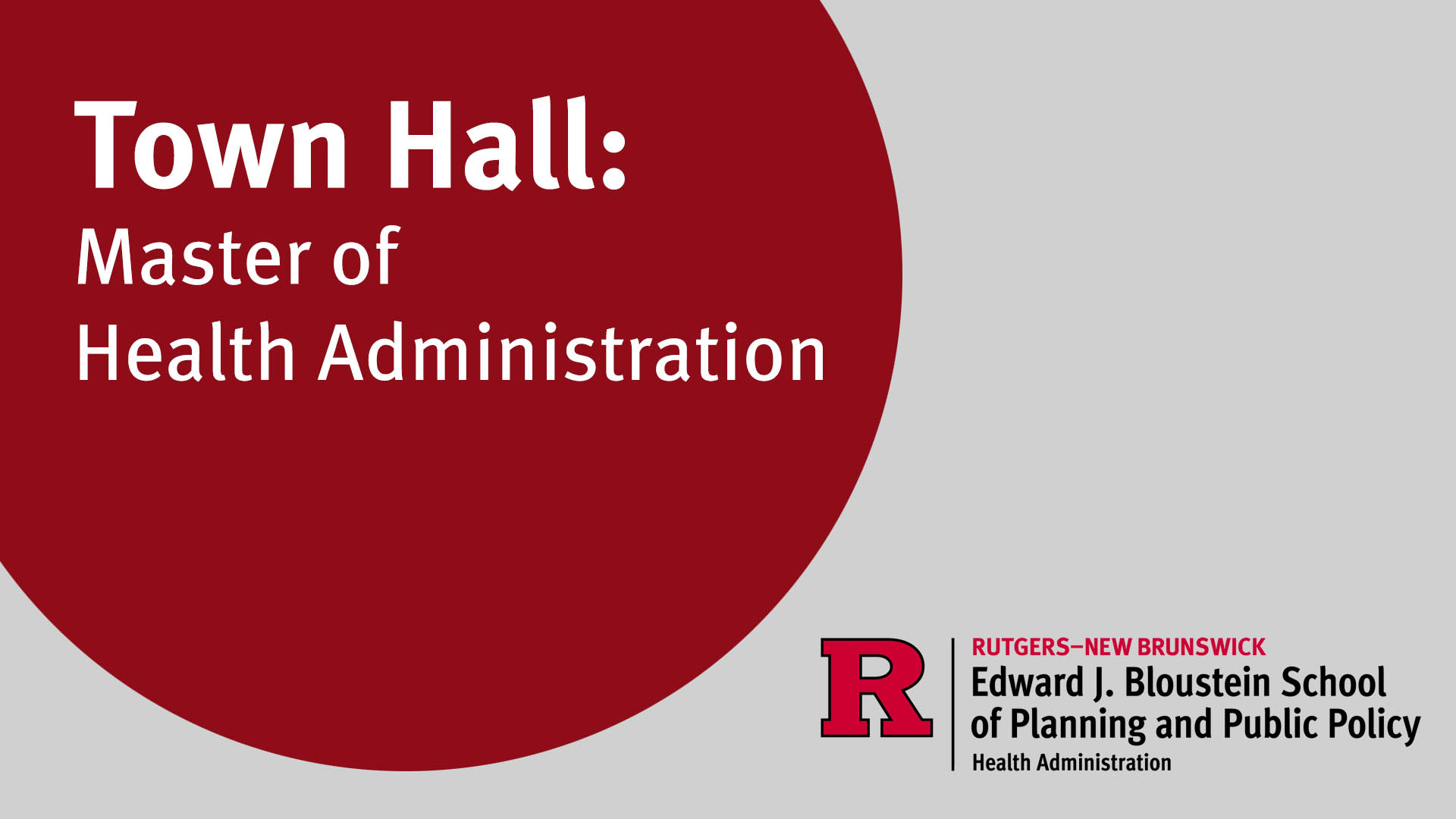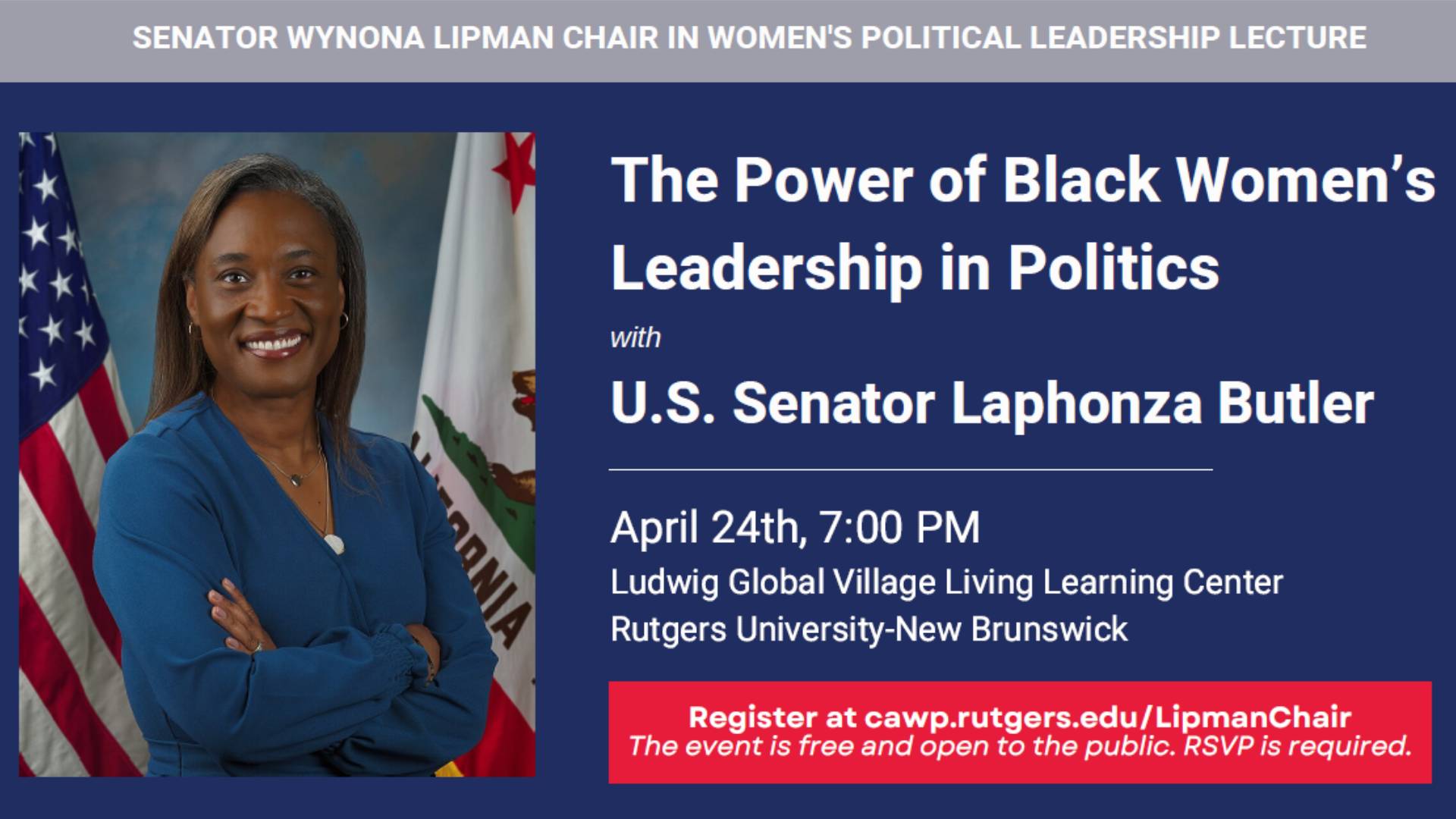A new Rutgers Regional Report, “The Evolving Rental Housing Market in New Jersey: Retrospective and Prospective,” authored by James W. Hughes, dean of Rutgers University’s Edward J. Bloustein School of Planning and Public Policy, and Joseph J. Seneca, university professor and economist at the Bloustein School, examines the long-term history of rental housing in New Jersey as well as the impact of the recent housing bust and global credit crisis on rental markets.
New Jersey’s rental housing market has been profoundly influenced by both demographic and economic factors, according to the report. The early rental markets in the state were responses to the large immigration waves of the 1900s and a growing urban industrial economy. Subsequently, an emerging middle class from the earliest three decades of the 20th century encouraged the development of large multifamily structures, ending with the Great Depression.
The Post-Great Depression/World War II era saw large numbers of returning veterans and the emergence of garden apartments. As the economy stabilized and incomes grew, more upscale mid- and high-rise complexes emerged, serving more affluent renters. The baby boom generation (1946-1964) that transformed New Jersey demographics, and continues to do so, gave rise to the second wave of postwar garden apartments and other rental units in the late 1960s with much more suburban focus. This is the source of the largest share of New Jersey’s current rental inventory (29.5 percent).
Municipal growth control policies as well as a low-birth period led to a significant slowing of additions to rental capacity in the 1980s and 1990s. Much of the new construction during this period was the development of suburban offices along transportation corridors for a young, white-collar workforce. The first decade of the new millennium continued to see the slow development of new rental properties, but demographic forces began to exert lifestyle shifts as the baby-boom echo generation (1976-1994) entered the housing market and rental demand emphasized a more urban lifestyle.
A detailed examination of the evolution of the state’s rental housing with supporting data is available at:https://bloustein.rutgers.edu/reports/rrr/RRRNov12.pdf
To interview the report’s authors, contact James W. Hughes,jwhughes@rutgers.edu, 848-932-2828 or Joseph J. Seneca,seneca@rutgers.edu, 848-932-2818



